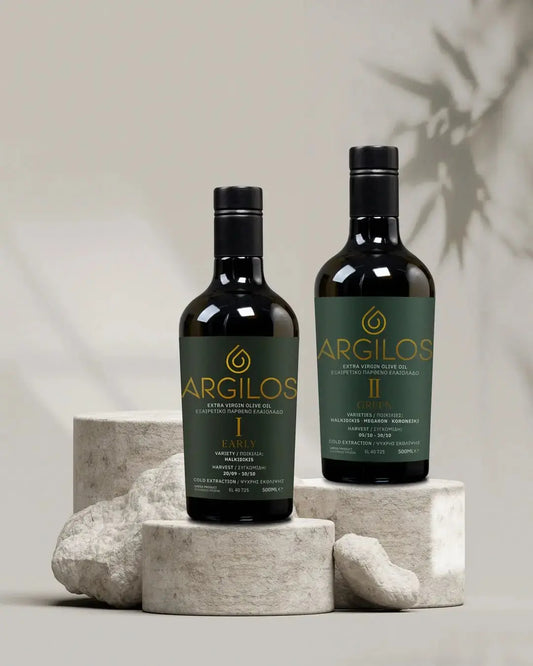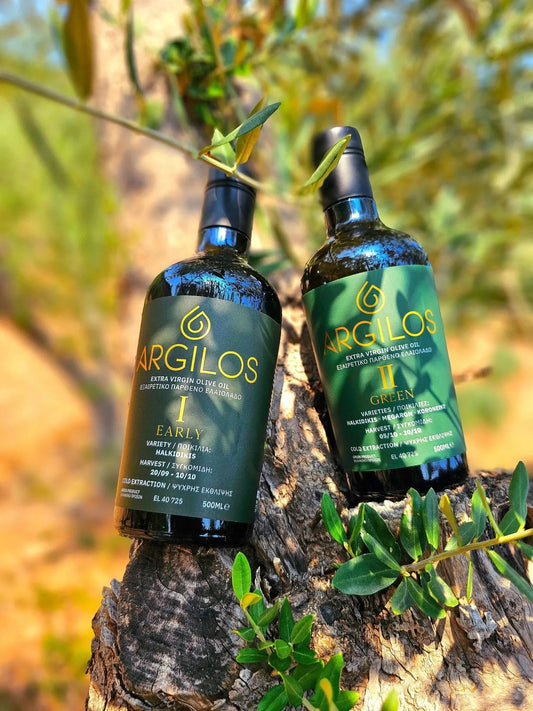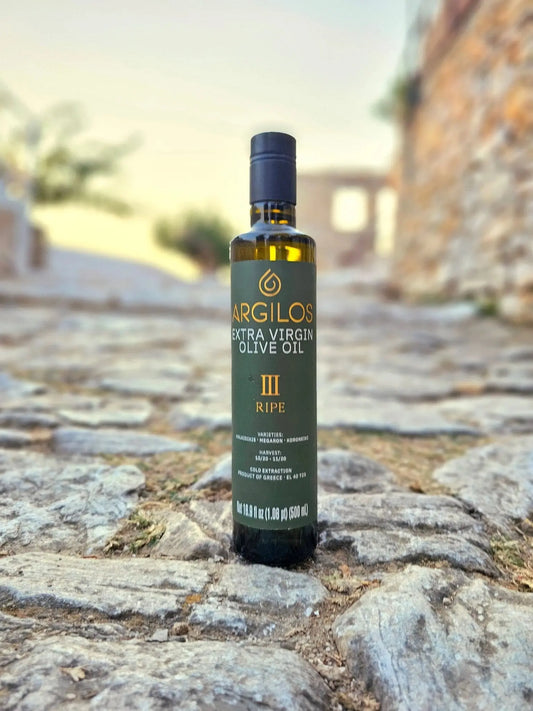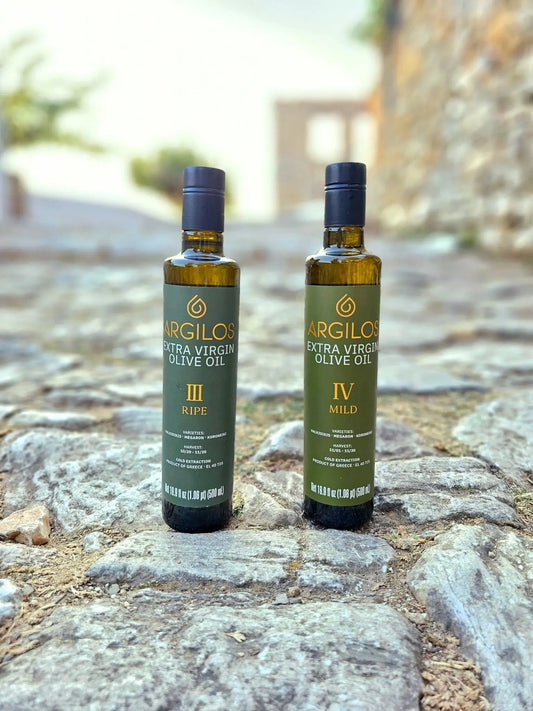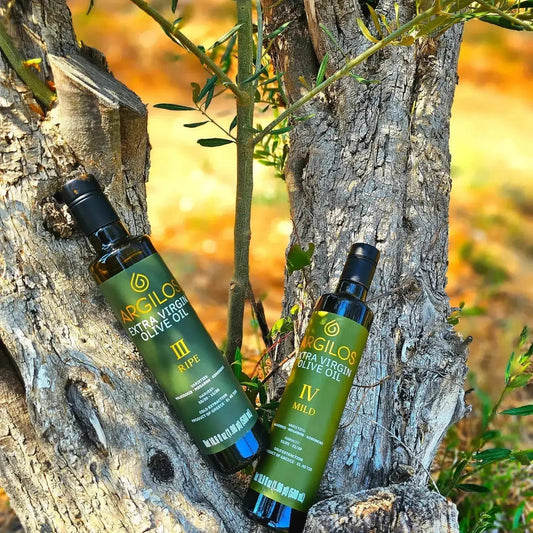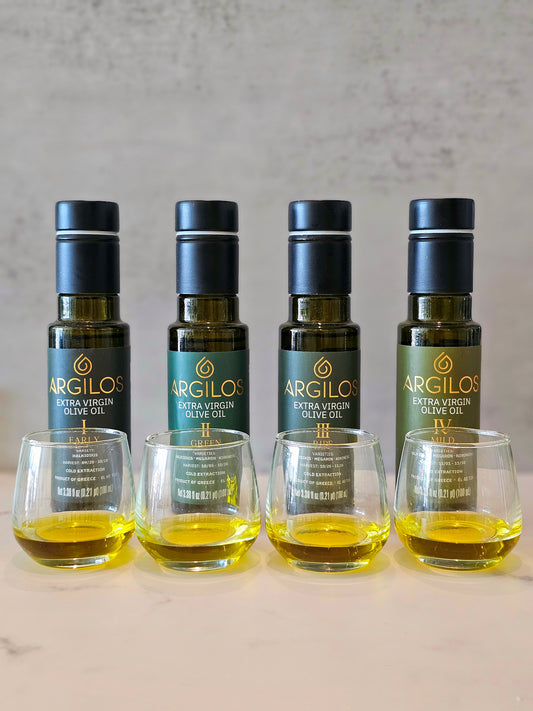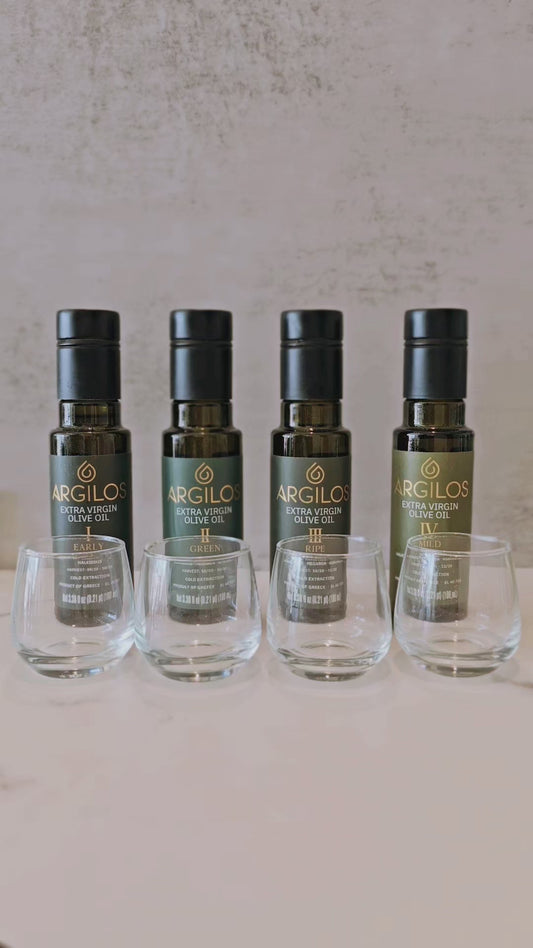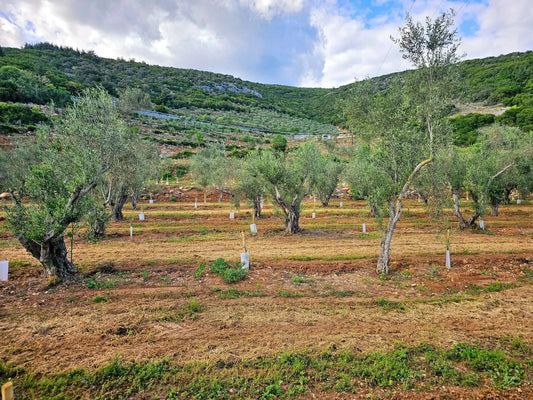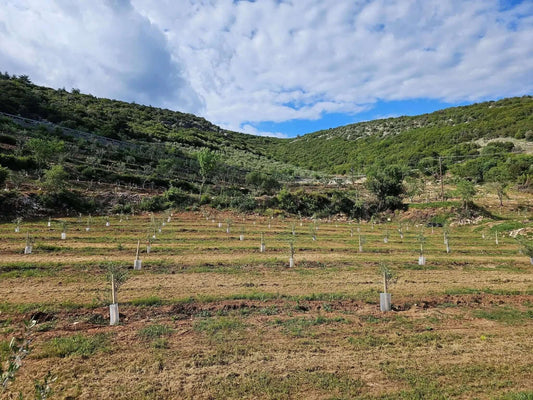The End of Canola Oil? Why Nutrition Experts Prefer Olive Oil
Share

The Scientific Case Against Canola Oil: Evidence and Alternatives
Recent scientific discourse has cast a critical spotlight on canola oil, once lauded as a heart-healthy cooking option. Contemporary nutritional research illuminates concerning aspects of this widely-used vegetable oil that merit serious consideration. As consumers become increasingly discerning about their dietary choices, the evidence against canola oil's place in a health-conscious kitchen continues to mount, prompting many nutrition authorities to advocate for superior alternatives.
Understanding Canola Oil's Problematic Processing
Canola oil undergoes an extensive refinement process that substantially diminishes its nutritional integrity. Derived from rapeseed, the oil extraction typically involves high-temperature mechanical pressing followed by chemical solvent extraction utilizing hexane—a petroleum-derived compound. This industrial methodology introduces several problematic elements to the final product.
The refinement procedure subjects the oil to temperatures reaching 500°F during deodorization, catalyzing the formation of trans fatty acids from the oil's polyunsaturated components. While manufacturers market canola as containing minimal trans fats, independent laboratory analyses have detected levels ranging from 0.56% to 4.2%—significantly higher than indicated on product labeling.
Furthermore, the harsh chemical processing depletes canola oil of its indigenous antioxidants and phytonutrients, rendering it substantially less nutritious than minimally processed alternatives like Argilos Extra Virgin Olive Oil, which preserves its natural bioactive compounds through cold-pressing methodologies.
The Inflammatory Potential of Canola Oil
Modern dietary science increasingly recognizes inflammation as a cornerstone of chronic disease development. Canola oil's composition and processing characteristics position it as potentially problematic in this context.
Omega-6 to Omega-3 Imbalance
While canola oil boasts a more favorable omega-6 to omega-3 ratio than some other vegetable oils, its industrial processing significantly compromises this theoretical advantage. The refining process degrades the delicate omega-3 fatty acids, resulting in a product with a substantially higher effective omega-6 proportion than advertised.
Nutritional biochemistry research indicates that elevated dietary omega-6 consumption without corresponding omega-3 intake promotes pro-inflammatory pathways within the body. Contemporary Western diets already demonstrate excessive omega-6 consumption, and refined oils like canola contribute significantly to this imbalance.
"The scientific community has become increasingly concerned about the widespread use of industrial seed oils like canola. Their high omega-6 content and processing-induced chemical alterations create a perfect storm for cellular inflammation."—Dr. Catherine Shanahan, author of "Deep Nutrition"
Controlled studies examining canola oil consumption have yielded concerning results. Research published in Scientific Reports demonstrated that rodents fed diets containing canola oil exhibited increased weight gain and impaired memory function compared to control groups, suggesting potential metabolic and neurological implications.
Oxidative Stability Concerns and Health Implications
The molecular architecture of canola oil renders it particularly vulnerable to oxidative degradation, a characteristic with significant health ramifications.
Heat Sensitivity and Free Radical Formation
Canola oil's polyunsaturated fatty acid profile makes it susceptible to oxidation when exposed to heat, light, and air. When utilized for cooking, particularly at high temperatures, the oil undergoes rapid deterioration, generating free radicals and harmful compounds including aldehydes and lipid peroxides.
These oxidative byproducts have been implicated in cellular damage and accelerated aging processes. Research published in the Journal of Food Science demonstrated that repeated heating of canola oil—a common practice in both commercial and home kitchens—dramatically increases its peroxide values and trans fatty acid content.
The oxidative instability of canola oil contrasts sharply with Argilos Extra Virgin Olive Oil, which demonstrates remarkable resilience against thermal degradation due to its monounsaturated fatty acid dominance and natural antioxidant content. Studies confirm that quality extra virgin olive oils maintain their structural integrity and beneficial compounds even when subjected to cooking temperatures.
GMO Concerns and Environmental Considerations
Beyond direct health implications, canola oil production raises additional concerns regarding agricultural practices and environmental sustainability.
Predominance of Genetically Modified Crops
Approximately 90% of canola crops in North America are genetically modified to withstand herbicide application. While regulatory bodies maintain that these modifications pose no human health risk, epidemiological studies examining long-term consumption remain limited.
The intensive farming practices associated with conventional canola production often involve substantial pesticide and herbicide usage, raising questions about residue presence in the final product despite processing. Conversely, traditional olive cultivation methods employed for products like Argilos Extra Virgin Olive Oil frequently utilize lower-intervention approaches that minimize chemical inputs.
Superior Alternatives: The Case for Argilos Extra Virgin Olive Oil
As evidence accumulates against canola oil, nutrition experts increasingly recommend alternative cooking fats with established health benefits and superior culinary attributes.
Polyphenol Content and Antioxidant Properties
Argilos Extra Virgin Olive Oil stands out among cooking oils for its exceptional polyphenol content—bioactive compounds with demonstrated anti-inflammatory and antioxidant properties. These natural components, preserved through careful cold-pressing within hours of harvest, provide protective effects against oxidative stress and cellular damage.
Research from the European Food Safety Authority substantiates that daily consumption of olive oils containing high polyphenol levels contributes to the protection of blood lipids from oxidative damage—a critical factor in cardiovascular health maintenance.
Transparency and Traceability Advantages
Unlike mass-produced canola oil, which typically undergoes anonymous blending from multiple sources, Argilos Extra Virgin Olive Oil offers complete traceability to its single-estate origin on Mount Pangaion in Kavala, Greece. This transparency allows consumers to verify production methods and quality standards—increasingly important considerations for health-conscious individuals.
| Characteristic | Canola Oil | Argilos Extra Virgin Olive Oil |
|---|---|---|
| Processing Method | Chemical extraction, high heat | Cold-pressed within hours of harvest |
| Antioxidant Content | Minimal (lost in processing) | High polyphenol content preserved |
| Traceability | Limited to none | Complete traceability to single estate |
| Heat Stability | Poor (forms harmful compounds) | Excellent resistance to oxidation |
Making the Transition: Practical Considerations
For consumers considering replacing canola oil with healthier alternatives like Argilos Extra Virgin Olive Oil, several practical considerations can facilitate a smooth transition.
Culinary Applications and Flavor Profiles
Argilos offers varying taste intensities from robust early-harvest to milder late-harvest varieties, accommodating diverse culinary applications. The early-harvest oils, characterized by pronounced peppery notes, complement robust dishes and drizzling applications, while milder varieties excel in baking and delicate preparations.
The distinctive flavor profiles enhance rather than mask food's natural qualities—a significant advantage over the neutrality of refined canola oil, which contributes little to culinary experiences beyond its functional properties.
Economic Considerations and Value Assessment
While premium extra virgin olive oils typically command higher retail prices than refined alternatives, their concentrated flavor profile often results in reduced usage quantities. Furthermore, when evaluated through the lens of true nutritional value and potential health benefits, Argilos Extra Virgin Olive Oil represents a prudent investment in dietary quality.
For sustainability-minded consumers, particularly environmentally conscious millennials and Gen Z individuals, the ecological footprint advantages of traditional olive cultivation methods provide additional value beyond immediate personal health considerations.
Frequently Asked Questions
- Is canola oil actually worse than other vegetable oils?
- While canola oil has a somewhat better fatty acid profile than some industrial seed oils, its extensive processing and oxidative instability present significant concerns. Research suggests its health impacts may be more problematic than previously recognized.
- Can I use extra virgin olive oil for high-heat cooking?
- Contrary to common misconception, quality extra virgin olive oils like Argilos demonstrate excellent thermal stability due to their monounsaturated fat content and natural antioxidants. Research confirms their suitability for most cooking applications, including sautéing and even baking.
- How can I verify olive oil quality?
- Look for oils like Argilos that provide complete traceability, harvest dates, and transparency regarding production methods. Quality indicators include cold-pressing, minimal time between harvest and processing, and storage in dark glass bottles to preserve beneficial compounds.
As nutritional science continues to evolve, the evidence increasingly supports the traditional wisdom that minimally processed fats from natural sources offer superior health benefits compared to industrially refined alternatives. For consumers seeking to optimize their dietary choices, replacing canola oil with authentic, traceable products like Argilos Extra Virgin Olive Oil represents a scientifically sound decision aligned with both personal wellbeing and environmental responsibility.

